Lien: công cụ hỗ trợ cho người làm thiết kế, xây dựng ở Mỹ
Ở Hoa Kỳ, khi không muốn các chi phí về Design và xây dựng không bị lường gạt hay quịt nợ lẫn nhau, thì LIEN (quyền giữ lại, thế chấp): là một công cụ giúp cho người bị hại, là một công cụ luật pháp giúp ổn định xã hội trong giao dịch kinh tế, thiết kế, xây dựng các công trình.

Legal Definition of Lien: Everything You Need to Know
A lien is the right to retain the lawful possession of another person's property until the owner fulfills a legal duty to the person holding the property.4 min read
What Is a Lien?
A lien is the right to retain the lawful possession of another person's piece of property until the owner fulfills a legal duty to the person holding the property, such as the payment of lawful charges for work done on the property. A mortgage is a common lien.
In its most general meaning, this term includes every case in which real or personal property is charged with the payment of any debt or duty. In a more limited sense it is defined to be a right of detaining the property of another until some claim is satisfied. The right of lien generally arises by operation of law, but in some cases it is created by express contract.
Two Types of Liens
There are two types of liens: particular and general. When a person claims a right to retain property, in respect of money or labor expended on such particular property, this is a particular lien. Liens may arise in three ways:
- By express contract.
- From implied contract, as from general or particular usage of trade.
- By legal relation between the parties, which may be created in three ways:
- When the law casts an obligation on a party to do a particular act and in return for which, to secure him payment, it gives him such lien; common carriers and inn keepers are among this number.
- When goods are delivered to a tradesman or any other individual to expend his labor upon, he is entitled to detain those goods until he is remunerated for the labor which he so expends.
- When goods have been saved from the perils of the sea, the salvor may detain them until his claim for salvage is satisfied; but in no other case has the finder of goods a lien.
General liens arise in three ways:
- By the agreement of the parties.
- By the general usage of trade.
- By particular usage of trade.
How Are Liens Acquired?
To create a valid lien, it is essential:
- That the party to whom or by whom it is acquired should have the absolute property or ownership of the thing or at least a right to vest it.
- That the party claiming the lien should have an actual or constructive possession with the assent of the party against whom the claim is made.
- That the lien should arise upon an agreement, express or implied, and not be for a limited or specific purpose inconsistent with the express terms or the clear, intent of the contract; e.g., when goods are deposited to be delivered to a third person or to be transported to another place.
Debts Or Claims To Which Liens Properly Attach
Generally, liens properly attach on liquidated demands and not on those resulting from damages. However, through an express contract they may attach in cases where the goods are to be held as an indemnity against a future contingent claim or damages. The claim for which the lien is asserted, must be due to the party claiming it in their own right and not merely as an agent of a third person. It must be a debt or demand due from the very person for whose benefit the party is acting and not from a third person, although the goods may be claimed through them.
How May a Lien Be Lost
A lien may be waived or lost by any act or agreement between the parties by which it is surrendered or becomes inapplicable. It may also be lost by voluntarily parting with the possession of the goods. However, to this rule there are some exceptions, e.g., when a factor by lawful authority sells the goods of his principal and parts with the possession under the sale they are not, by this act, deemed to lose their lien, but it attaches to the proceeds of the sale in the hands of the vendee.
The Impact of Liens
In general, the right of the holder of the lien is confined to the mere right of retainer. However, when the creditor has made advances on the goods of a factor, he is generally invested with the right to sell. In some cases where the lien would not confer power to sell, a court of equity would decree it. And courts of admiralty will decree a sale to satisfy maritime liens.
Judgments rendered in courts of record are generally liens on the real estate of the defendants or parties against whom such judgments are given. Liens are also divided into legal and equitable. The former are those which may be enforced in a court of law and the latter are valid only in a court of equity. The lien which the vendor of real estate has on the estate sold for the purchase money remaining unpaid, is a familiar example of an equitable lien.
Lien Of Mechanics and Material Men
By virtue of express statutes in most states, mechanics and material men or persons who furnish materials for the erection of houses or other buildings, are entitled to a lien or preference in the payment of debts out of the houses and buildings so erected and to the land, to a greater or lessor extent, on which they are erected.
The lien generally attaches from the commencement of the work or the furnishing of materials and continues for a limited period of time. In some states, a claim must be filed in the office of the clerk of the court or a suit brought within a limited time. On the sale of the building these liens are to be paid pro rata. In some states no lien is created unless the work done or the goods furnished amount to a certain specified sum, while in others there is no limit to the amount. In general, none but the original contractors can claim under the law; however, sometimes sub-contractors have the same right.
Xem thêm:
- Luật về Lien cho các công trình XD của Texas
- Luật và các loại Lien
- Lien là gì - Wikipedia
- 4 loại Lien thông thường trong bất động sản
- Hiểu về Real Estate Liens
- Nghệ thuật của Lien: Các kiểu Lien và làm thế nào để kiểm soát chúng?
Theo FB Hung Ngoc Tran
- Sáng tạo trẻ: Nhà nổi lưỡng cư 225
- Biện pháp thi công (Download file CAD) - GS. Lê Kiều 39
- TCVN (Full List) 33
- Hướng dẫn đầy đủ thiết kế ramp dốc nhà đỗ xe 25
- Định nghĩa về cái đẹp 19
- Giao diện Trang post bài 19
- Về cái tên "sông Cửu Long" của người Việt 18
- Không gian thờ cúng trong nhà 17
- Cách chèn ảnh vào bài viết 17
- [Clip] Đổ bê tông & láng sàn nhà xưởng siêu nhanh 17








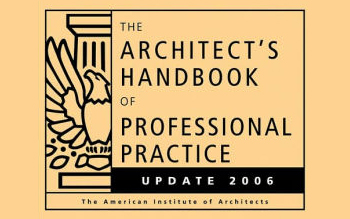













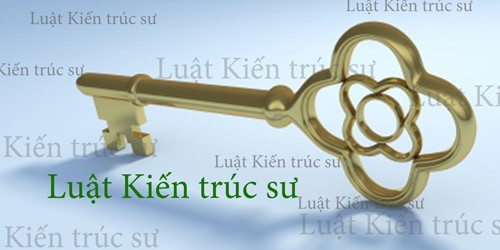
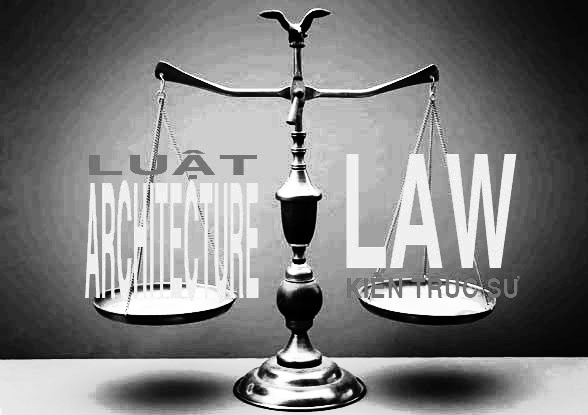










.png)

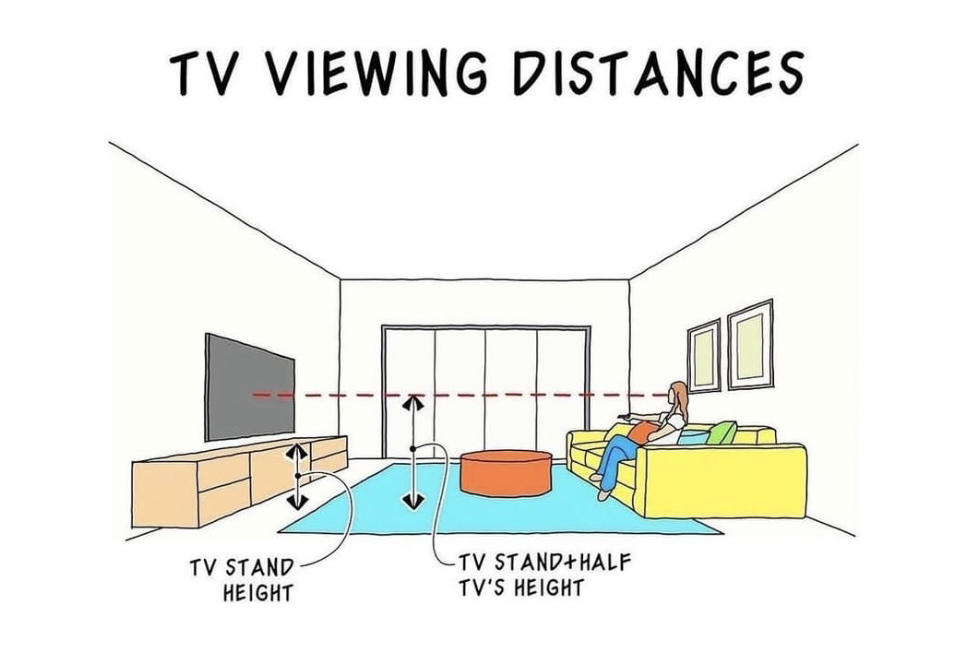

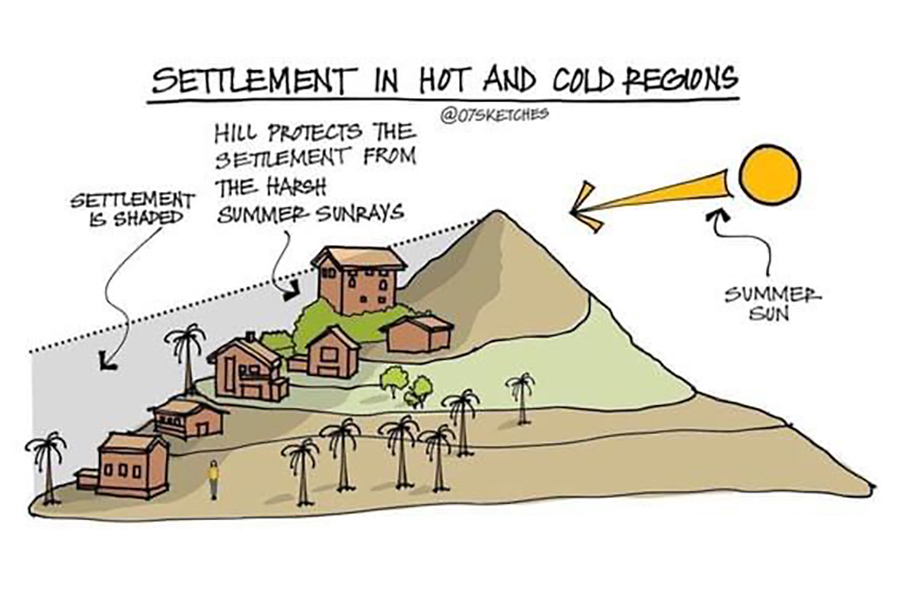
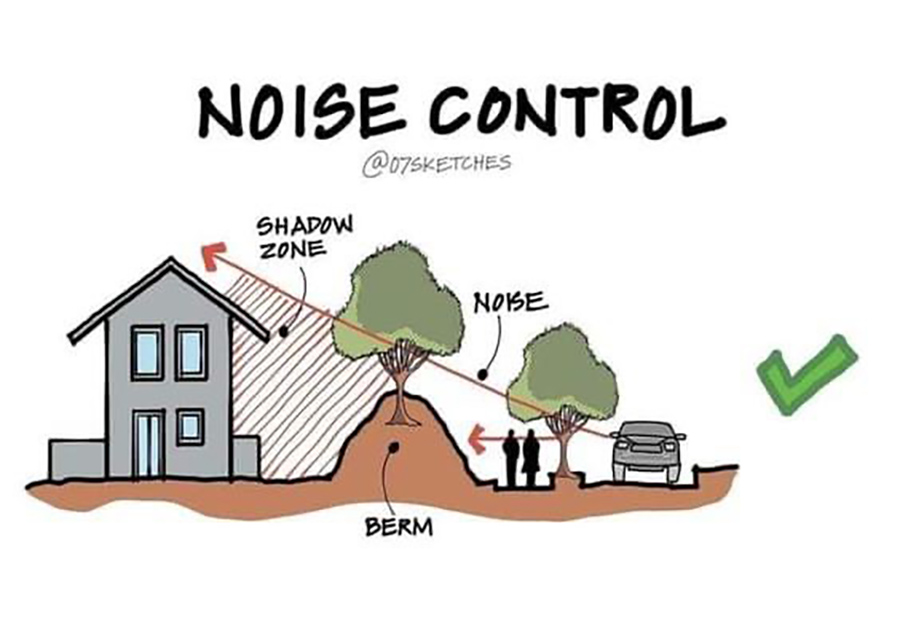
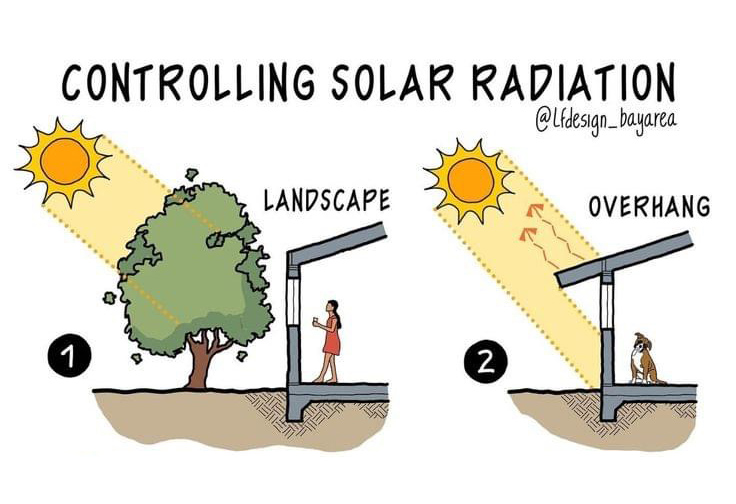







Bình luận từ người dùng